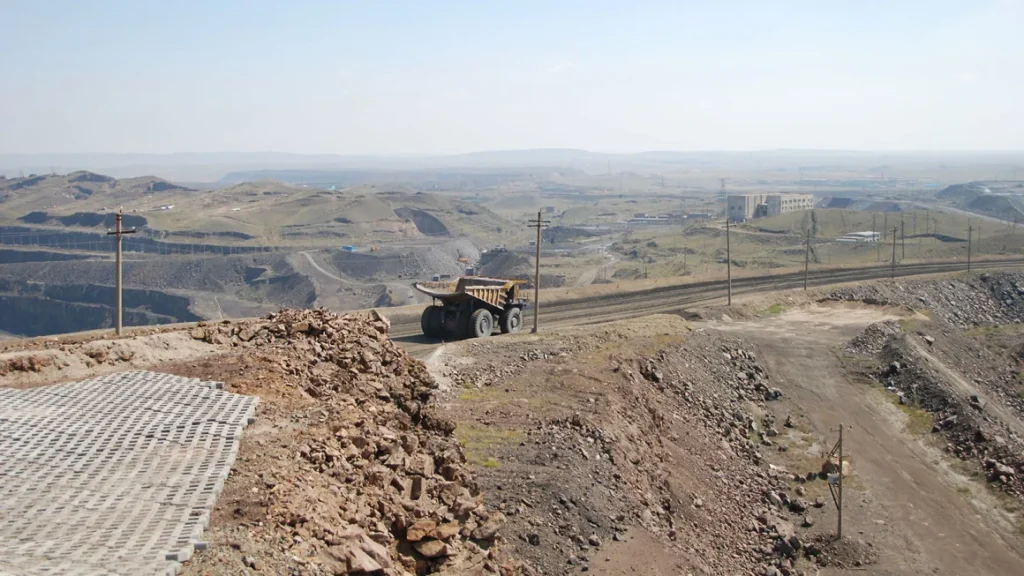Rare earth elements have become indispensable in the modern world, powering everything from smartphones and electric vehicles to military equipment and renewable energy technologies. Recently, the European Union has sounded the alarm over China’s tightening grip on rare earth exports, sparking concerns about supply security and the future of Europe’s strategic industries. This article explores the growing significance of EU rare earth export controls, China’s dominant role in the market, and the EU’s efforts to safeguard its economic and geopolitical interests.
Understanding Rare Earth Elements and Their Importance
What Are Rare Earth Elements?
Rare earth elements (REEs) are a group of 17 metals essential for manufacturing high-tech devices. These metals, including neodymium, dysprosium, and lanthanum, are crucial components in electronics, magnets, batteries, and other cutting-edge applications.
Why Are Rare Earth Elements Strategically Important?
Beyond consumer electronics, rare earth elements play a vital role in defense technology, such as missile guidance systems, jet engines, and radar. They also support the global transition to clean energy through their use of wind turbines and electric vehicles, making access to these materials a top priority for governments worldwide.
China’s Role in the Global Rare Earth Market
China’s Dominance in Rare Earth Mining and Production
China currently controls approximately 60-70% of the world’s rare earth mining and over 80% of its processing capacity. This dominance results from abundant natural reserves, substantial government investment, and long-term industrial policies that prioritize rare earth development.
China’s Export Controls and Trade Policies
In recent years, China has introduced export controls and quotas on rare earth metals, citing environmental concerns and national security. These measures have created uncertainty in global supply chains, driving up prices and prompting fears of potential shortages.
The EU’s Response: Rare Earth Export Controls and Strategic Concerns
What Are the EU Rare Earth Export Controls?
In response to China’s increasing export restrictions, the EU has implemented policies aimed at securing rare earth supplies. The EU rare earth export controls involve diversifying supply sources, encouraging recycling initiatives, and investing in domestic mining and processing capabilities to reduce reliance on China.
Why the EU Is Sounding the Alarm
The EU’s alarm stems from the risk that China’s export controls could disrupt industries vital to Europe’s economy and security. Dependence on a single dominant supplier threatens the stability of sectors such as automotive manufacturing, renewable energy, and defense, which are all critical to the EU’s strategic autonomy.
Implications for Global Trade and Industry
Impact on European Tech and Manufacturing Sectors
European industries are feeling the pressure as rare earth prices rise and supply chains face potential disruptions. Manufacturers of electric vehicles, consumer electronics, and renewable energy technologies may face increased costs and delays, impacting competitiveness and innovation.
Broader Global Trade Ramifications
The tensions over rare earth supplies add complexity to EU-China trade relations and influence global markets. Other countries reliant on Chinese rare earths are watching closely, with some seeking to strengthen their own supply chains to avoid similar vulnerabilities.
Efforts Toward Diversification and Alternatives
EU Initiatives to Develop Rare Earth Supply Chains
To counterbalance China’s dominance, the EU is investing in new mining projects within Europe, promoting recycling programs, and forging partnerships with rare earth producers in other regions such as Australia and the United States.
Research into Substitutes and Innovation
In parallel, European researchers are exploring alternative materials and innovative technologies to reduce dependence on rare earth elements. Advances in magnet design and battery technology hold promise for less rare-earth-intensive products in the future.
The Future Outlook for EU Rare Earth Export Controls
Potential Scenarios in EU-China Relations
The ongoing tensions may lead to heightened trade restrictions or diplomatic negotiations aimed at stabilizing rare earth markets. The EU aims to assert greater control over its supply chains, seeking to minimize risks associated with geopolitical shifts.
Long-Term Strategies for Rare Earth Security
Building resilient and sustainable rare earth supply chains is a strategic priority for the EU. This includes fostering domestic capabilities, enhancing recycling efforts, and encouraging international cooperation to ensure uninterrupted access to these critical materials.
Conclusion
The issue of EU rare earth export controls highlights the strategic importance of securing access to essential raw materials in an increasingly complex geopolitical landscape. Europe’s response to China’s export restrictions underscores the need for balanced policies that protect economic interests while navigating international trade tensions. As the global demand for rare earth elements continues to grow, the EU’s approach will play a crucial role in shaping the future of technology, industry, and security.
Don’t Miss Out! Get the Latest News, Tips, and Updates from Us!
